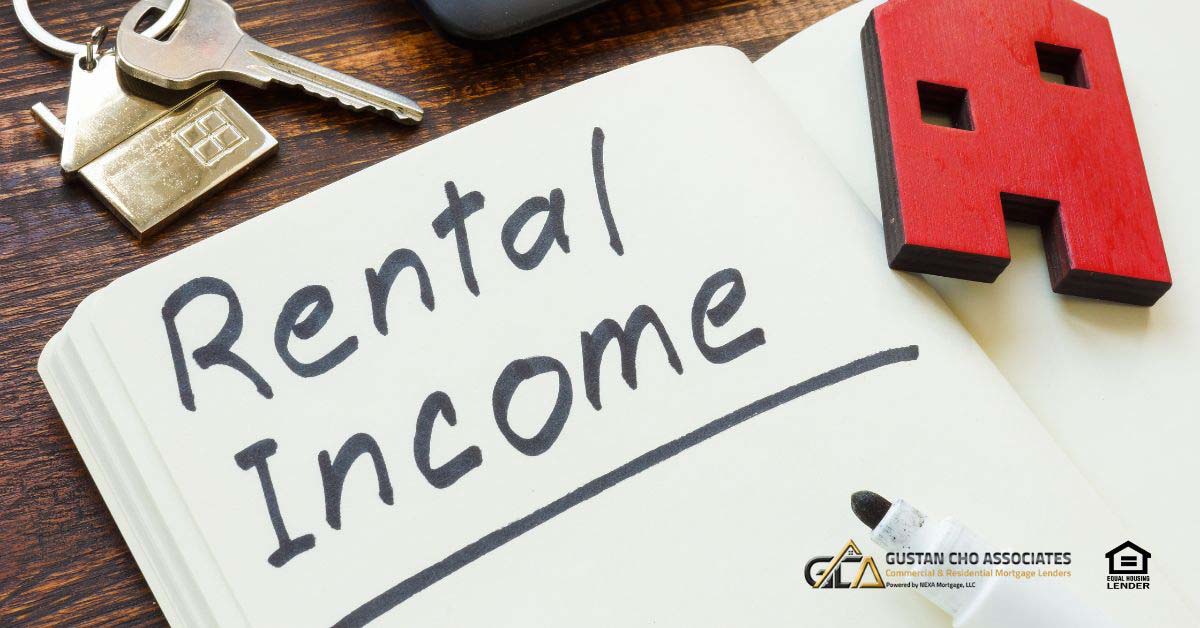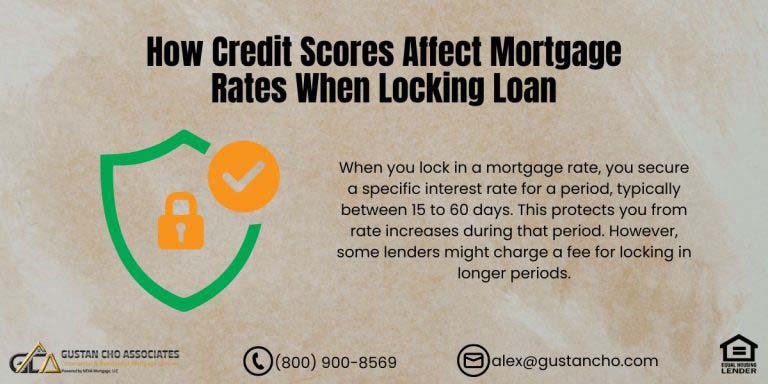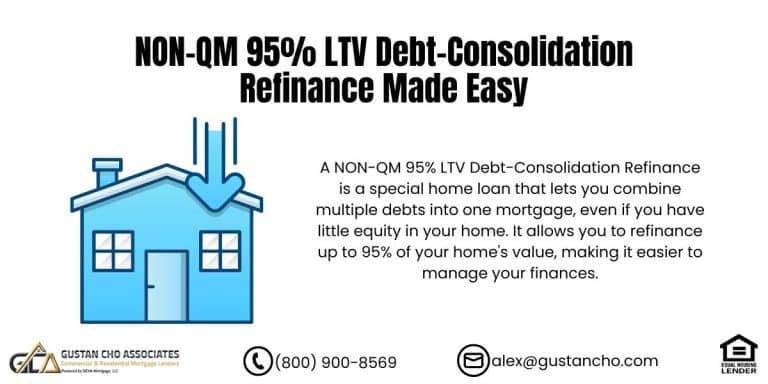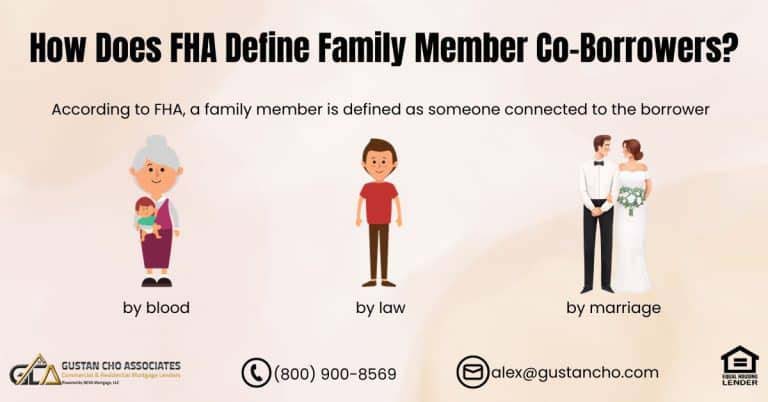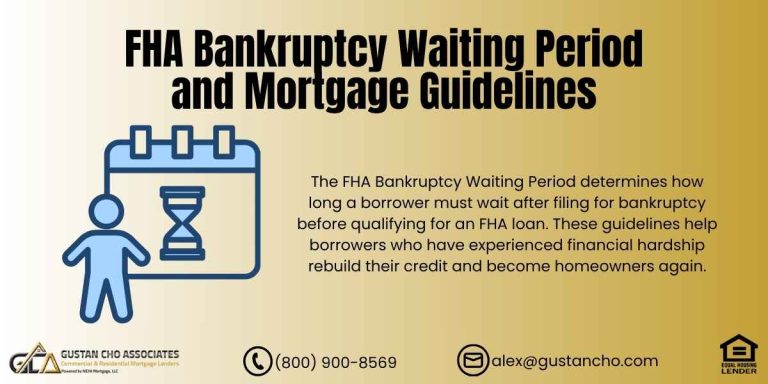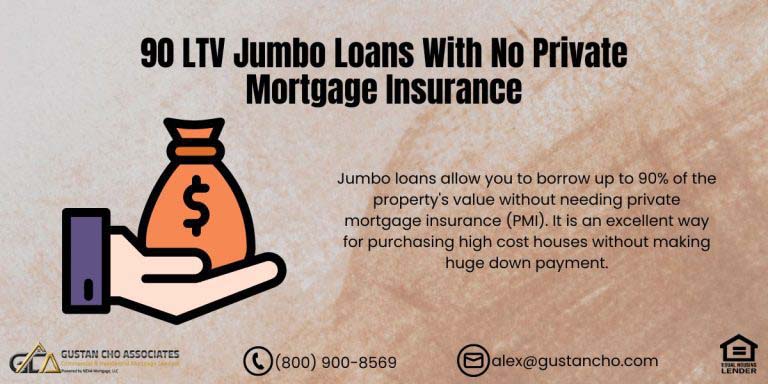In this article, we will cover and discuss using future rental income to qualify for a mortgage. Some first-time home buyers buy two to four-unit multi-unit properties as their first home. They use one of the units as an owner-occupant unit and rent the others for rental income.
Multi-unit properties naturally cost more than single-family homes. In the following paragraphs, we will cover using future rental income to qualify for a mortgage.
Lenders may consider future rental income when qualifying a borrower for a mortgage. However, they typically have specific guidelines and documentation requirements in place. In the following paragraphs, we will cover key points on how future rental income can be used to qualify for a mortgage such as occupancy type.
Occupancy Type
Future rental income is usually only considered for investment properties or properties that will become investment properties after closing (e.g., the borrower’s current primary residence). Lenders generally do not factor in potential rental income from a portion of the property for primary residences.
Experience as a Landlord
Suppose the borrower has a history of receiving rental income from other investment properties. In that case, it can be easier to use future rental income for qualification purposes. Lenders may require at least a 1-2 year history of managing rental properties successfully.
Lease Agreement
Lenders typically require a fully executed lease agreement to consider the future rental income for properties that are not currently rented. The lease should be with a third-party tenant and have a reasonable start date after closing.
Appraisal with Rental Estimate
The lender will often require an appraisal from the appraiser that includes a rental schedule or an opinion of the property’s rental value. This provides an independent estimate of the potential rental income.
Calculation Method
Lenders usually apply a percentage (e.g., 75%) of the estimated rental income when calculating the borrower’s qualifying income. This is to account for potential vacancy periods and maintenance costs.
Debt-to-Income Ratio
The future rental income, if allowed, can be added to the borrower’s other income sources to help qualify for the desired mortgage amount and meet debt-to-income ratio requirements. It’s important to note that lenders’ policies on using future rental income can vary, and they may have additional requirements or overlays. Providing detailed documentation and a solid financial profile can increase the chances of having future rental income considered for mortgage qualification purposes.
Want to Use Future Rent to Help You Qualify?
Learn how to use future rental income to qualify for a mortgage the right wayHow Can Future Rental Income Be Used To Qualify For a Mortgage
Loan Limits on multi-unit properties are higher on government and conventional loans. Many first-time homebuyers would need future rental income to meet the debt-to-income requirements. Two to four-unit properties are considered residential homes. First-time home buyers can qualify for a residential mortgage loan and future rental income can be used. There are future rental income parameters on how lenders will allow as well as restrictions.
Using Future Rental Income on Conventional Loans
Conventional mortgage lending guidelines for multi-unit mortgage loans require that the mortgage loan borrower have a minimum of 620 credit score. Both Fannie Mae and Freddie Mac require a 15% down payment on owner-occupant multi-unit purchases. One important factor with conventional mortgage loans is that conventional mortgage loans are credit score sensitive. This is less the case with government-backed loans like FHA-insured mortgage loans. The lower borrowers’ credit scores are, the higher mortgage rates will be. To get the best conventional mortgage rate on a multi-unit property mortgage loan, the borrower needs a credit score of 740 or higher.
Loan Level Pricing Adjustments (LLPA)
Loan Level Pricing Adjustments (LLPA) are pricing hits to mortgage rates due to the following:
- Lower credit scores
- Higher loan to value
- Types of property
- Loan size
Credit Scores Versus Mortgage Rates
Credit Scores are the most common LLPA. Then credit adjustments take effect. Credit scores are one of the many determinants of mortgage rates. Hands down, credit scores have the biggest impact on mortgage rates. There are multiple factors that determine mortgage rates such as type of property, loan size, primary versus investment homes, loan to value, and dozens of other layered risk factors. However, credit scores have the biggest impact on the pricing of mortgage rates. The credit score grid is as follows:
- 740
- 720
- 700
- 680
- 660
- 640
- 620
How To Get The Lowest Mortgage Rates
The best method of getting the lowest mortgage rates is to boost your credit scores before applying for a mortgage. There are many quick fix proven methods of boosting your credit scores our team at Gustan Cho Associates can help our clients. Conventional borrowers with credit scores of 740 can expect to pay the best mortgage rates. Borrowers with credit scores of 620 will most likely pay the highest rates with conventional mortgage loans. Many conventional lenders might have overlays where they might require minimum credit scores of 640 or 680 FICO. Fannie Mae guidelines mandate minimum credit score required to qualify for a conventional loan is 620.
Mortgage Guidelines on Debt-To-Income Ratios
Debt to income ratio requirements for conventional mortgage loans is normally 31% front-end debt to income ratio and 43% back-end debt to income ratio. However, these debt-to-income ratio requirements can be extended if the Automated Underwriting System will accept higher ratios either by DU FINDINGS or LP FINDINGS. The debt-to-income ratios on FHA loans are substantially higher for borrowers with credit scores higher than 620. FHA caps front end debt-to-income ratio at 46.9% and caps back end debt-to-income ratio at 56.9% back end. For FHA borrowers with lower than a 620 credit score, debt-to-income ratio caps are lowered to 31% front-end debt-to-income ratio and 43% back-end debt-to-income ratio.
Fannie Mae Guidelines Conventional Loans
Conventional loan programs require a minimum of a 15% down payment when it comes to qualifying requirements for multi-family residential homes. Non-occupant co-borrowers are not allowed on conventional mortgage loans on multi-unit family residential properties. As with future rental income, conventional mortgage loan programs will allow up to 75% of the market future rental income to be used as income in qualifying the borrower.
Case Scenario of Calculating Future Rental Income
For example, let’s take a case scenario. Let’s say the current multi-unit property owner has a tenant that is currently paying $1,350 monthly rent. We will assume the tenant has a one-year lease. The house gets appraised and the appraiser deems that the market rent is only $1,000. Then 75% of the $1,000 or $750 can be used towards future rental income in qualifying the borrower. The actual rental income of $1,350 is not counted even though the current tenant has been paying that amount for many years and has a lease.
Reserve Guidelines on Multi-Unit Properties
Conventional mortgage loan programs may require reserves depending on which mortgage lender borrowers choose. For example, one conventional lender may require six months of reserves, which is six months’ worth of principal, interest, mortgage insurance premium, and homeowners insurance. Other lenders may require only three months’ worth of reserves.
Mortgage Guidelines on Multi-Family Homes
Some lenders will require that the multi-unit home buyer have landlord experience in order for future rental income to count towards the income qualification as part of their overlays. For example, one conventional lender may require two years of landlord experience. While another lender may require a minimum of 12 months of landlord experience.
Mortgage Loan Guidelines After Bankruptcy
For those who have had a bankruptcy and/or foreclosure, conventional mortgage programs may not be their best mortgage loan program. Unlike FHA loans, conventional mortgage loans require a 4 year waiting period after bankruptcy. The 7-year waiting period after foreclosure in order to qualify for a conventional mortgage.
How Do I Use Future Rental Income to Qualify for a Mortgage?
Let us plug in market rents, vacancy, and lender rules for youMortgage Waiting Period Requirements After Foreclosure
FHA loans only require a two-year waiting period after the Chapter 7 bankruptcy discharge date. The waiting period is two years from the discharge date of bankruptcy to qualify for a multi-unit on VA Loans. The waiting period is 4 years from the recorded date of foreclosure to qualify for a multi-unit after a deed in lieu and/or short sale on conventional loans. With FHA loans, there is a mandatory three-year waiting period from the recorded date of foreclosure, deed in lieu, and short sale to qualify for a multi-unit loan.
Can You Use Future Rental Income on FHA Loans?
The Federal Housing Administration, also known as FHA, allows multi-unit residential home buyers to purchase a multi-unit property with a 3.5% down payment. This is unlike conventional mortgage loan lenders which require a 15% down payment. To qualify for a 3.5% down payment FHA loan on a multi-unit residential property, any property that is between 2 to 4 units, the FHA loan borrower needs a 580 credit score. Need to get approve/eligible per DU FINDINGS or LP FINDINGS.
How Does Rental Property Affect Debt-To-Income Ratio?
The debt-to-income ratio for those borrowers with credit scores under 580 is 31% front-end debt-to-income ratio and 43% back-end debt-to-income ratio. If credit scores are 580 or higher, then the debt-to-income ratio caps significantly increase to 46.9% front-end debt-to-income ratio and 56.9% back-end debt-to-income ratio.
Lender Overlays on Declining Income
Some lenders may have their own overlays decreasing the maximum debt-to-income ratio caps. For borrowers with higher debt-to-income ratios, the best bet is to consult with mortgage lender with no overlays. Multi-Unit home buyers looking to qualify for a direct lender with no mortgage overlays on government and conventional loans can contact us at Gustan Cho Associates at 800-900-8569 or text us for a faster response. Or email us at alex@gustancho.com.
What Percentage of Future Rental Income Can Be Used On FHA Loans?
The Federal Housing Administration allows 85% of the market rental income to be used as other income in qualifying the mortgage loan borrower’s income. For example, let’s take a case scenario: The current multi-unit property owner is getting a rental income of $1,350 per month. The home appraiser values the market rent at $1,000 per month. 85% of the appraisal’s market valuation, or $850, can be used as additional future rental income in qualifying the borrower’s debt-to-income ratios. Conventional mortgage lenders only allow 75% of the market rental income in rental income that can be used as additional future rental income.
FHA Loans Versus Conventional Loans
There are many more advantages to going with an FHA loan on multi-unit residential properties than conventional mortgage loan programs. The first is the lower down payment requirements. The second is the higher debt-to-income restrictions.
Another great advantage in going with an FHA loan when purchasing a multi-unit residential property is that the Federal Housing Administration has lower down payment requirements on multi-family homes.
Both HUD and Fannie Mae allow non-occupant co-borrowers for those multi-unit property borrowers who need additional income to qualify to meet debt-to-income ratios. Conventional mortgage loan programs also allow non-occupant co-borrowers. The Federal Housing Administration also allows 100% of the down payment to be gifted. Lenders allow a portion of the down payment to be gifted and the majority of it needs to be the home buyer’s own seasoned funds.
UPDATE To Future Rental Income Guidelines
There have been recent updates on future rental income Guidelines. Please read this updated article on changes to Rental Income Guidelines. Borrowers who need to qualify for a mortgage with a direct lender with no overlays, please contact us at Gustan Cho Associates at 800-900-8569 or text us for a faster response. Or email us at gcho@gustancho.com. The team at Gustan Cho Associates is available seven day a week, on evenings, weekends, and holidays.


